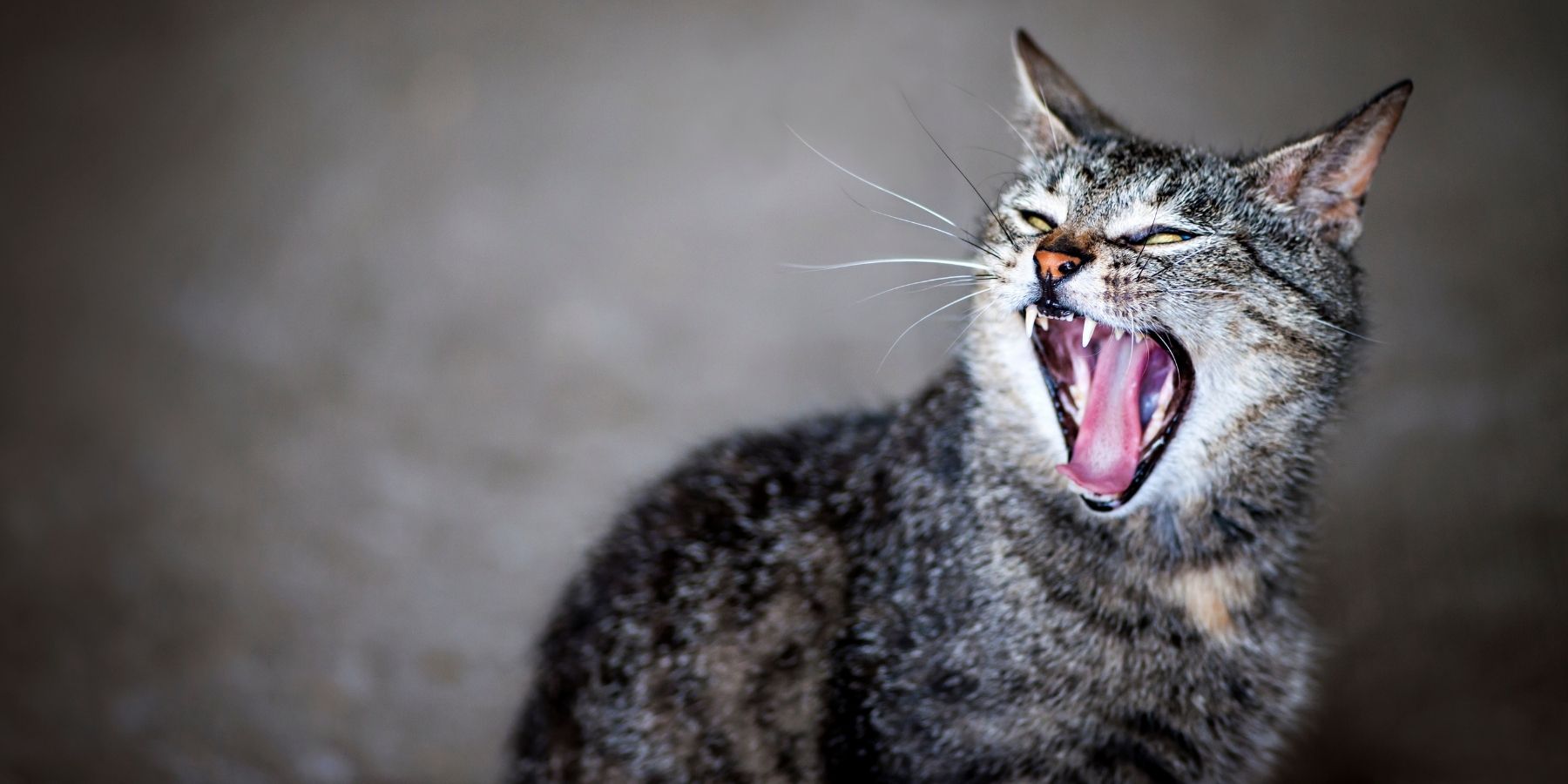If you’ve ever found yourself wondering why your cat meanders around the house meowing, you’re not alone. This behavior, while sometimes amusing, can also be perplexing for cat owners.
Understanding the reasons behind this vocalization can help you better connect with your feline friend. In this article, we’ll explore some common reasons why cats meow while walking around the house.
1. Seeking Attention
Cats often meow to get your attention. Just like humans, cats can feel the need for companionship and interaction. Your cat might be meowing to initiate playtime, petting, or even a conversation with you.
If you respond to their meows with attention, they learn that meowing is an effective way to get what they want.
2. Expressing Hunger
A common reason for a cat’s meowing is hunger. If it’s close to feeding time or if their food bowl is empty, your cat might meow to remind you that it’s time to eat.
Some cats become quite vocal when they want their meals, especially if they adhere to a strict feeding schedule.
3. Feeling Disoriented
In older cats, excessive meowing, especially at night, can be a sign of disorientation or confusion. This is often seen in cats with cognitive dysfunction syndrome, a condition similar to dementia in humans. These cats may meow loudly while wandering around the house due to disorientation.
4. In Response to Stress or Anxiety
Changes in the environment, such as moving to a new house, the arrival of a new pet, or even rearranging furniture, can cause stress or anxiety in cats. This can lead to increased meowing as your cat tries to cope with the changes.
Providing a stable environment and plenty of comfort can help alleviate their stress.
5. Expressing Discomfort or Illness
Sometimes, meowing is a sign that your cat is in discomfort or pain. If your cat’s meowing is accompanied by changes in behavior, appetite, or activity level, it’s important to consult a veterinarian.
Cats are adept at hiding their pain, so any noticeable change in behavior warrants attention.
6. Indicating a Desire to Mate
If your cat is not spayed or neutered, they may meow excessively when they are in heat or when they senses a potential mate nearby. This type of meowing is often loud and persistent. The best solution to this behavior is to have your cat spayed or neutered.
7. Marking Their Territory
Cats are territorial animals, and meowing can be a way of asserting their presence. By walking around the house and meowing, they might be reinforcing their territory and making their presence known, especially in a multi-pet household.
8. Just Being a Cat
Sometimes, a cat meows simply because it’s part of their personality. Some cat breeds are naturally more vocal than others.
Siamese and Oriental breeds, for example, are known for being talkative. In such cases, meowing is just a part of who they are.
Tips for Responding to Your Cat’s Meowing
Observe the Context: Pay attention to when and where your cat meows to understand what they might be communicating.
Provide Basic Needs: Ensure that their fundamental needs like food, water, and a clean litter box are always met.
Regular Vet Checkups: Keep up with regular veterinary checkups to rule out health issues.
Interactive Playtime: Engage your cat in regular play sessions to provide exercise and mental stimulation.
Environmental Enrichment: Provide cat trees, scratching posts, and toys to keep your cat entertained.
Consistent Routine: Cats thrive on routine, so try to keep a consistent schedule for feeding, play, and cuddle time.
When to Consult a Veterinarian
If your cat’s meowing is a new behavior, especially if it’s accompanied by other changes in behavior or physical health, it’s important to consult with a veterinarian. They can help determine if there’s a medical cause behind the meowing and offer advice on how to manage it.
Conclusion
Cats meow for various reasons, from seeking attention to expressing discomfort. Understanding these reasons can help you respond more effectively to your cat’s needs and strengthen your bond.
